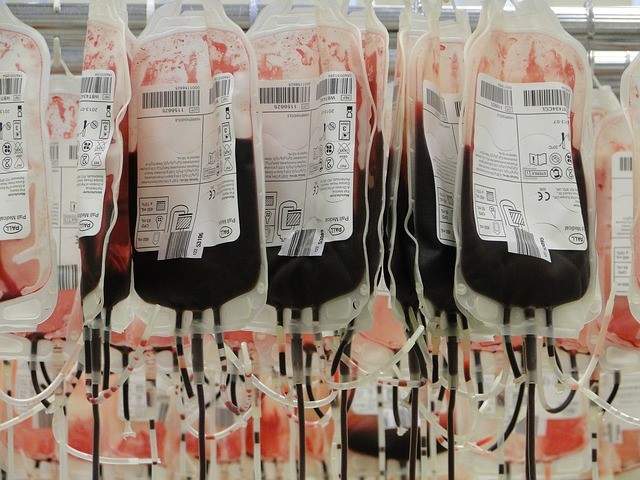
The University of Nottingham’s Division of Primary Care investigated the risks and benefits of the three most common types of direct anti-coagulants (DOACs), apixaban, dabigatran and rivaroxaban, compared with the current main treatment warfarin for patients with or without atrial fibrillation (AF).
The study concluded that, after taking into account risk factors, apixaban was associated with a lower risk of major bleeding, compared with warfarin in those with and without AF. Researchers said this conclusion appears ‘to show apixaban to be the safest drug’.

Discover B2B Marketing That Performs
Combine business intelligence and editorial excellence to reach engaged professionals across 36 leading media platforms.
This investigation also demonstrated that those with AF taking apixaban and dabigatran had a lower risk of an intracranial bleed and those without AF had a lower risk of an intracranial bleed if they took rivaroxaban and a lower risk of a gastrointestinal bleed if took apixaban.
However, the study, which was supported by the UK’s National Institute of Health Research, found that rivaroxaban and low doses of apixaban had a higher risk of death than warfarin.
The lowest number of each DOAC needed to avoid one extra major bleed, which is commonly referred to as treat, or harm, compared with warfarin supported this trend. For all patients, over six months, the lowest needed to treat was for apixaban and the lowest needed to harm was rivaroxaban.
The University of Nottingham’s research project utilised data from two large UK primary care databases and identified 196,061 patients who had started or restarted anti-coagulants between 2011 and 2016. Of the total, 53% had AF, 132,231 took warfarin, 7,741 took dabigatran, 37,863 took rivaroxaban and 18,223 took apixaban. The results were published in the British Medical Journal.

US Tariffs are shifting - will you react or anticipate?
Don’t let policy changes catch you off guard. Stay proactive with real-time data and expert analysis.
By GlobalDataThe major benefit of DOACs over warfarin is that patients do not need regular tests to check they have the correct amount of the drug in their blood stream.
Previous clinical trials had only compared DOACs and warfarin in carefully selected patients so bleeding rates may not be the same in everyday clinical practice. Prior observational studies had only included those with AF, meaning there was a gap in information about those without the condition.
It was an observational study, which means that conclusions cannot be drawn about cause and effect regarding anti-coagulants and major bleeds. However, the research concluded: “Our results give an initial, reassuring, indication of the risk patterns for all patients taking anticoagulants, in particular with respect to those prescribed apixaban.”




